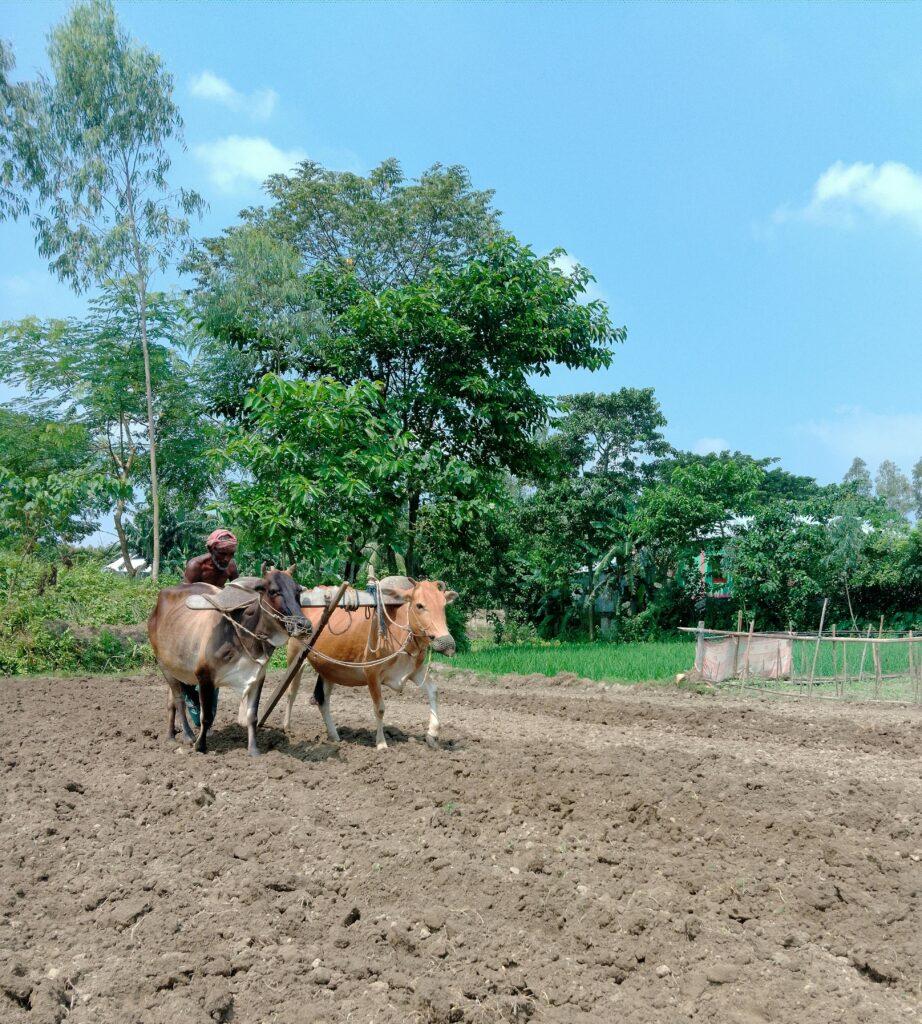Introduction:
Smallholder farmers play a pivotal role in India’s agricultural landscape, contributing to the nation’s food security, economic growth, and cultural heritage. Despite facing numerous challenges, including limited access to resources, market volatility, and climate change, these resilient farmers continue to produce a significant portion of the country’s agricultural output. For importers, retailers, and procurement managers seeking to source agricultural products from India, empowering smallholder farmers presents a unique opportunity to foster sustainable sourcing practices, support rural livelihoods, and promote inclusive growth. In this blog, we’ll explore the importance of empowering smallholder farmers in India’s agricultural value chain and highlight strategies for collaborating with them to ensure sustainable and ethical sourcing practices.
Understanding the Role of Smallholder Farmers:
Smallholder farmers, typically operating on small plots of land, form the backbone of India’s agricultural sector, accounting for a significant portion of food production, employment, and rural livelihoods.
Despite their crucial role, smallholder farmers often face numerous challenges, including limited access to finance, inputs, technology, and market opportunities, as well as vulnerability to climate change, pests, and diseases.
Recognizing the importance of smallholder farmers in ensuring food security, poverty alleviation, and sustainable development, there is growing recognition of the need to empower them through capacity building, access to resources, and market linkages.
Sustainable Sourcing Practices:
Collaborate with smallholder farmers to promote sustainable farming practices that enhance productivity, resilience, and environmental stewardship. Encourage the adoption of agroecological approaches such as organic farming, integrated pest management, and water-efficient irrigation techniques to minimize chemical inputs, conserve natural resources, and promote biodiversity.
Invest in farmer education and training programs to build capacity in sustainable agricultural practices, post-harvest management, and quality control. Provide farmers with access to extension services, demonstration plots, and agronomic support to improve crop yields, reduce post-harvest losses, and enhance product quality.
Foster partnerships with agricultural cooperatives, producer groups, and community-based organizations to strengthen the collective bargaining power of smallholder farmers, facilitate access to markets, and enable fair and transparent transactions. By organizing farmers into cohesive groups, importers can streamline procurement, improve supply chain traceability, and negotiate better prices for farmers’ produce.
Empowering Rural Communities:
Beyond agricultural production, empower rural communities by investing in infrastructure development, social welfare programs, and income-generating activities that enhance livelihood opportunities and improve living standards.
Support initiatives aimed at promoting gender equality, youth empowerment, and social inclusion within rural communities. By empowering women and marginalized groups with access to education, training, and economic opportunities, importers can foster more inclusive and resilient agricultural value chains.
Engage in corporate social responsibility (CSR) initiatives that contribute to the holistic development of rural communities, including investments in education, healthcare, sanitation, and environmental conservation. By aligning business objectives with social impact goals, importers can create shared value for both their business and the communities they serve.
Traceability and Transparency:
Implement robust traceability systems to track the origin, production practices, and supply chain journey of agricultural products sourced from smallholder farmers. Leverage technology solutions such as blockchain, RFID tagging, and digital platforms to capture and share data on product traceability, quality assurance, and social compliance.
Provide consumers with transparent information about the farmers behind the products, their farming practices, and the social and environmental impact of their production. By promoting transparency and accountability, importers can build trust with consumers who value ethical sourcing and sustainability.
Conclusion:
Empowering smallholder farmers is not only a moral imperative but also a strategic opportunity for importers, retailers, and procurement managers seeking to build sustainable and resilient agricultural supply chains from India. By collaborating with smallholder farmers to promote sustainable farming practices, support rural livelihoods, and foster inclusive growth, importers can create shared value for farmers, communities, and businesses alike. Through strategic partnerships, capacity building initiatives, and investments in traceability and transparency, importers can pave the way for a more sustainable and equitable future for India’s agricultural sector, one that benefits farmers, consumers, and the planet.

